Cisco expects chip shortage to last at least another six months
Chuck Robbins says the situation is bound to improve over the “next 12 to 18 months”
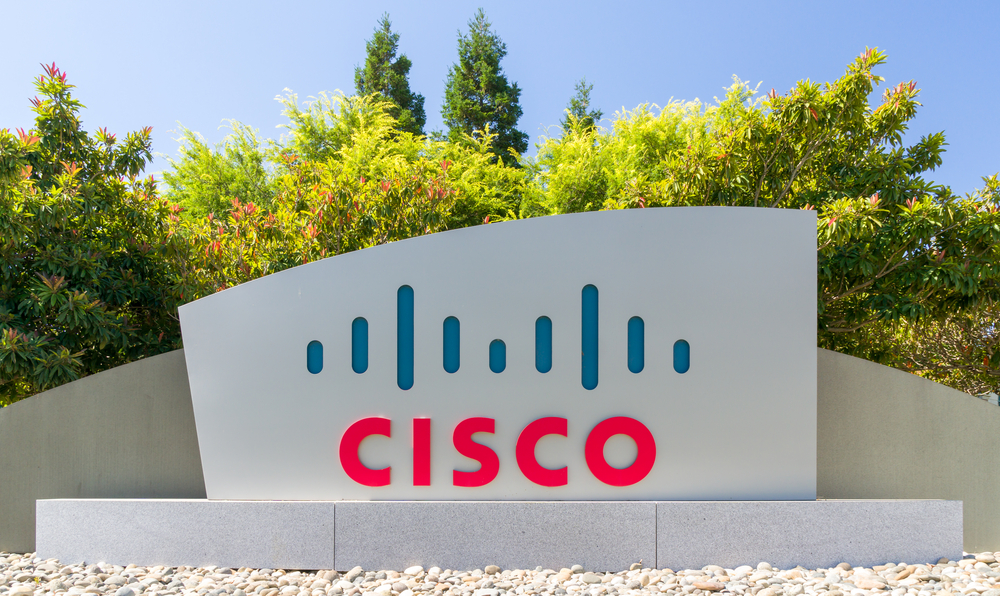

The global semiconductor shortage will last for at least another six months, according to Cisco CEO Chuck Robbins.
Robbins told the BBC that it would take “another six months to get through the short term” of the global chip shortage, adding that the crisis is unlikely to be fully resolved until 2022.
"The providers are building out more capacity. And that'll get better and better over the next 12 to 18 months,” he said.
According to Robbins, the shortage has been caused by unprecedented demand for semiconductors, which “go in virtually everything”.
“When COVID hit, everyone thought that the demand side was going to decline significantly and in fact we saw the opposite,” Robbins said. “And at the same time demand went up instead which was a complete shock to so many of us.”
The UK’s first national lockdown saw a massive surge in demand for virtual office components such as laptops and network peripherals as companies scrambled to accommodate their employees in the mass shift to working from home.
Robbins’ statement comes as the European Commissioner for Internal Market Thierry Breton announced plans to hold discussions with Intel CEO Pat Gelsinger and TSMC Europe president Maria Marced on 30 April.
Get the ITPro daily newsletter
Sign up today and you will receive a free copy of our Future Focus 2025 report - the leading guidance on AI, cybersecurity and other IT challenges as per 700+ senior executives
RELATED RESOURCE

Breton is reportedly looking to secure the EU’s role in chip production by persuading a leading chip manufacturer, most likely TSMC, to open a fabrication plant in the region, with France, Germany, or Poland mentioned as potential locations.
Opening a major factory in Europe would help the continent to become less reliant on shipments coming in from Asia, which has proven increasingly difficult due to pandemic travel and transport restrictions. Breton is seeking to double the EU’s share of global semiconductor production to 20% by 2030.
"Increasing our autonomy does not mean isolating ourselves in a world where supply chains are global," Breton told Reuters. "In parallel to exploring how we can increase Europe's capacity...we will continue to build bridges with international partners - but with us in the driving seat," he added, confirming the meetings.
Having only graduated from City University in 2019, Sabina has already demonstrated her abilities as a keen writer and effective journalist. Currently a content writer for Drapers, Sabina spent a number of years writing for ITPro, specialising in networking and telecommunications, as well as charting the efforts of technology companies to improve their inclusion and diversity strategies, a topic close to her heart.
Sabina has also held a number of editorial roles at Harper's Bazaar, Cube Collective, and HighClouds.
-
 Bigger salaries, more burnout: Is the CISO role in crisis?
Bigger salaries, more burnout: Is the CISO role in crisis?In-depth CISOs are more stressed than ever before – but why is this and what can be done?
By Kate O'Flaherty Published
-
 Cheap cyber crime kits can be bought on the dark web for less than $25
Cheap cyber crime kits can be bought on the dark web for less than $25News Research from NordVPN shows phishing kits are now widely available on the dark web and via messaging apps like Telegram, and are often selling for less than $25.
By Emma Woollacott Published
-
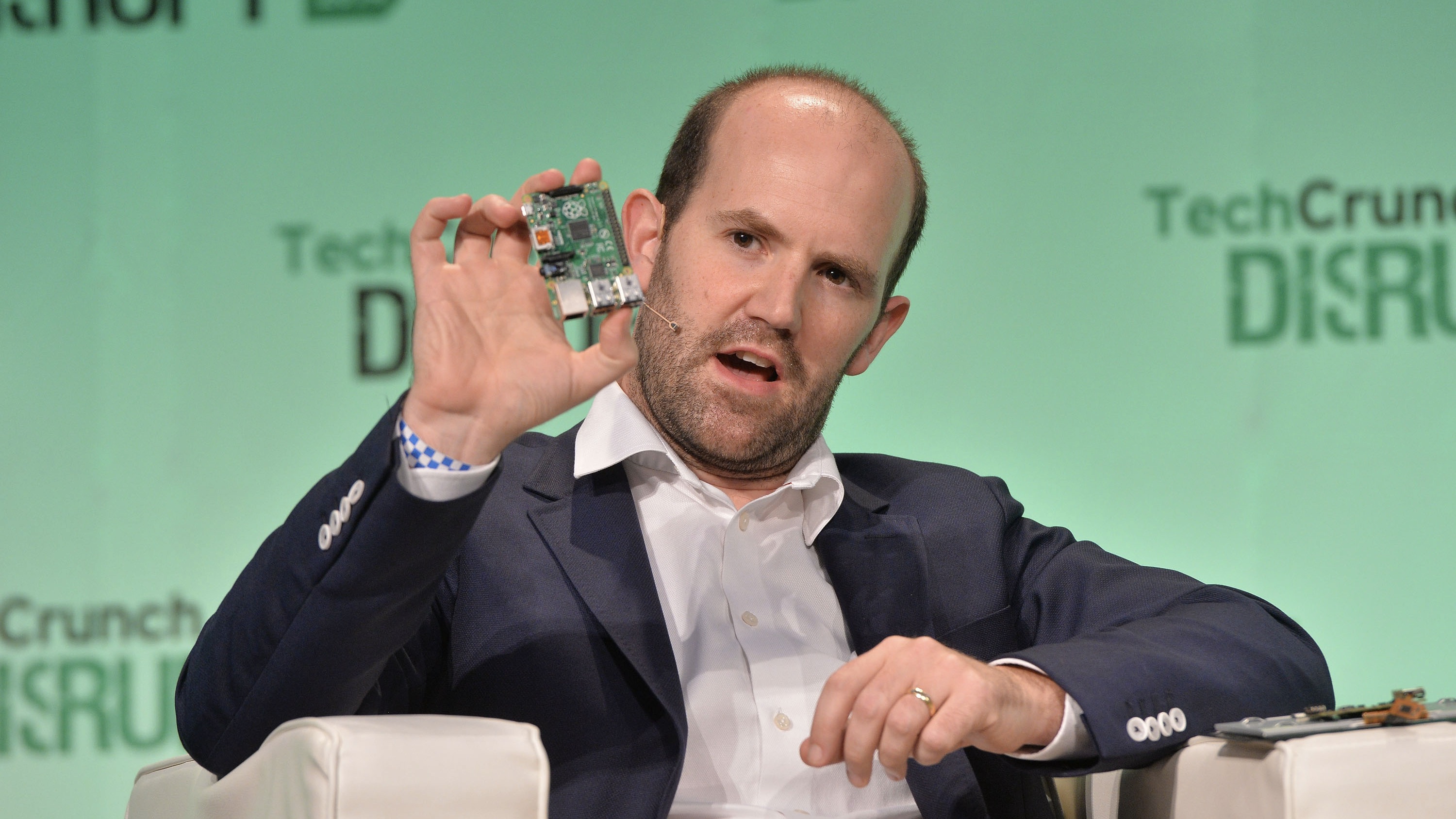 Raspberry Pi CEO Eben Upton on surviving the semiconductor crisis
Raspberry Pi CEO Eben Upton on surviving the semiconductor crisisCase Studies The Raspberry Pi chief reveals how the organisation overcame component shortages during the COVID-19 years
By James O'Malley Published
-
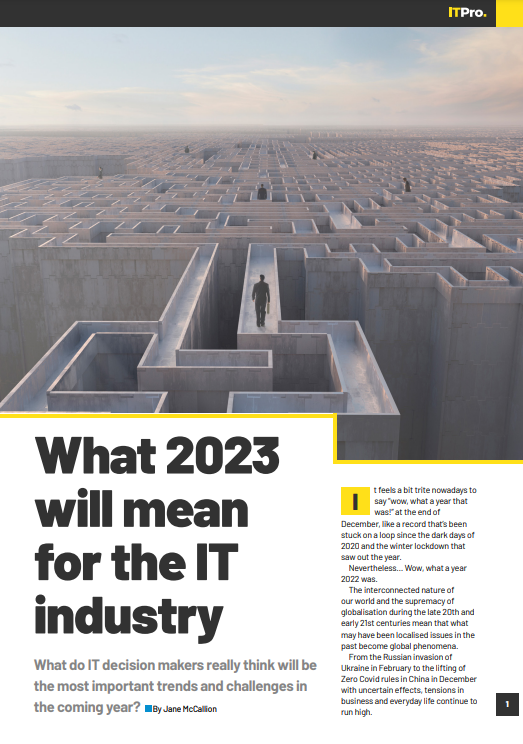 What 2023 will mean for the industry
What 2023 will mean for the industryWhitepaper What do most IT decision makers really think will be the important trends and challenges in the coming year?
By ITPro Published
-
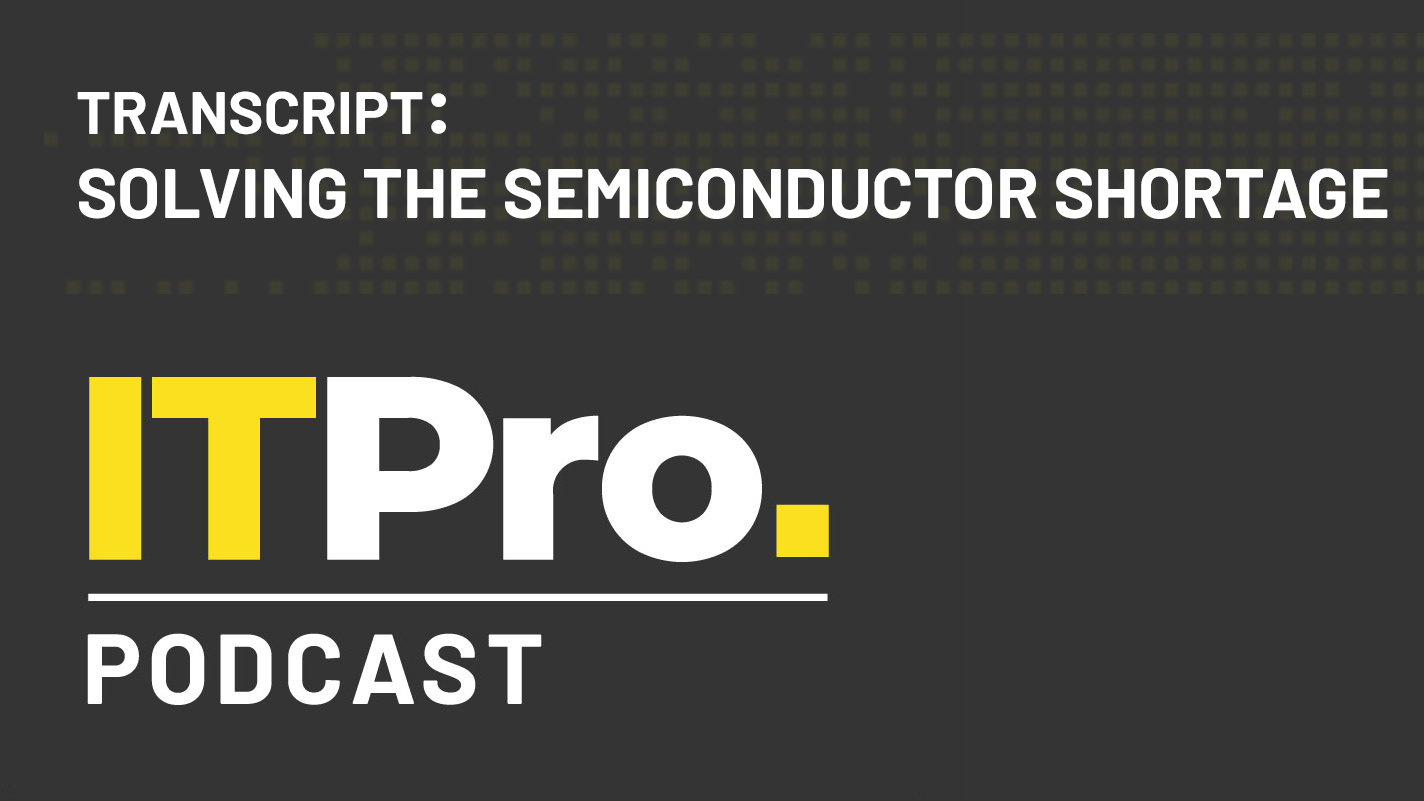 Podcast transcript: Solving the semiconductor shortage
Podcast transcript: Solving the semiconductor shortageIT Pro Podcast Read the full transcript for this episode of the IT Pro Podcast
By IT Pro Published
-
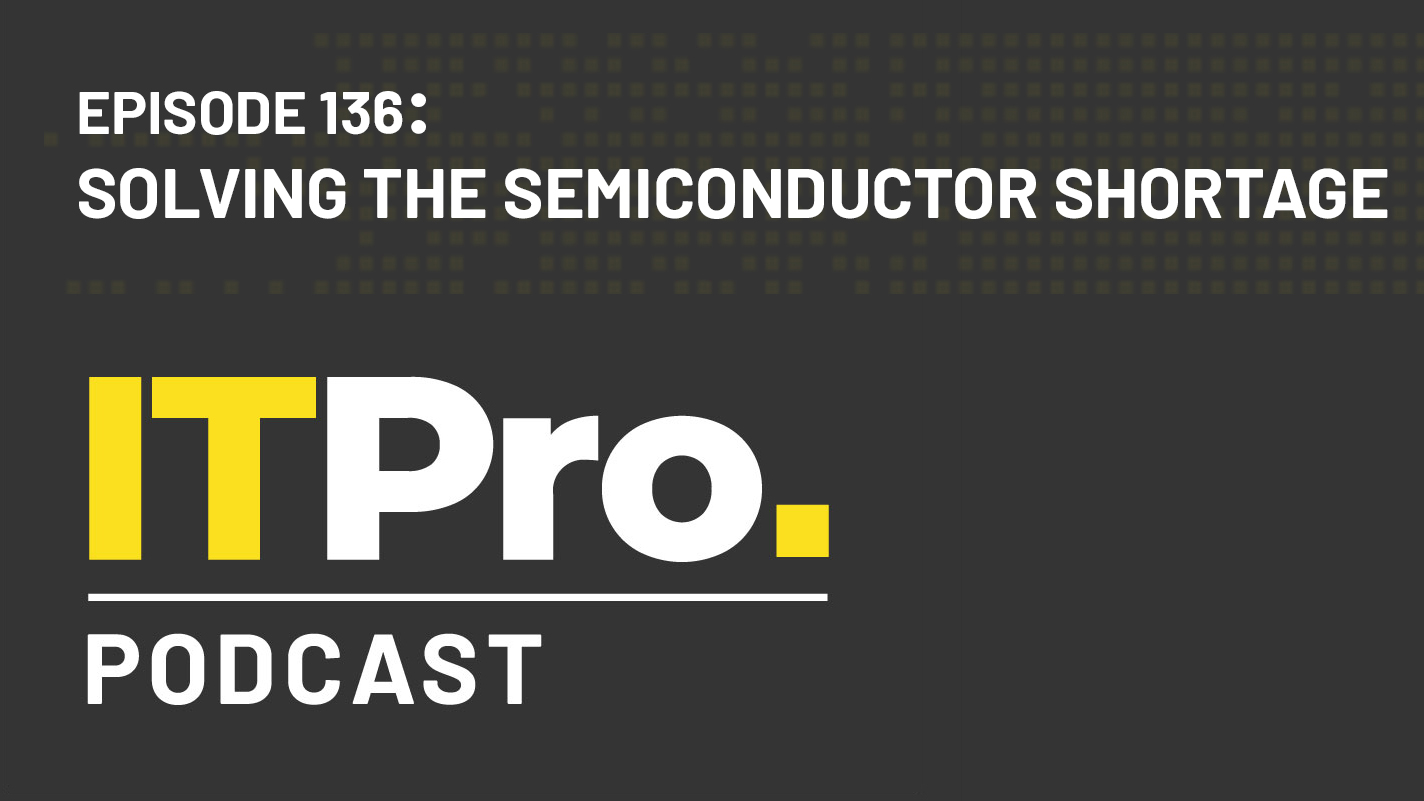 The IT Pro Podcast: Solving the semiconductor shortage
The IT Pro Podcast: Solving the semiconductor shortageIT Pro Podcast When the chips are down, supply chains may need a long time to ramp back up to full capacity
By IT Pro Published
-
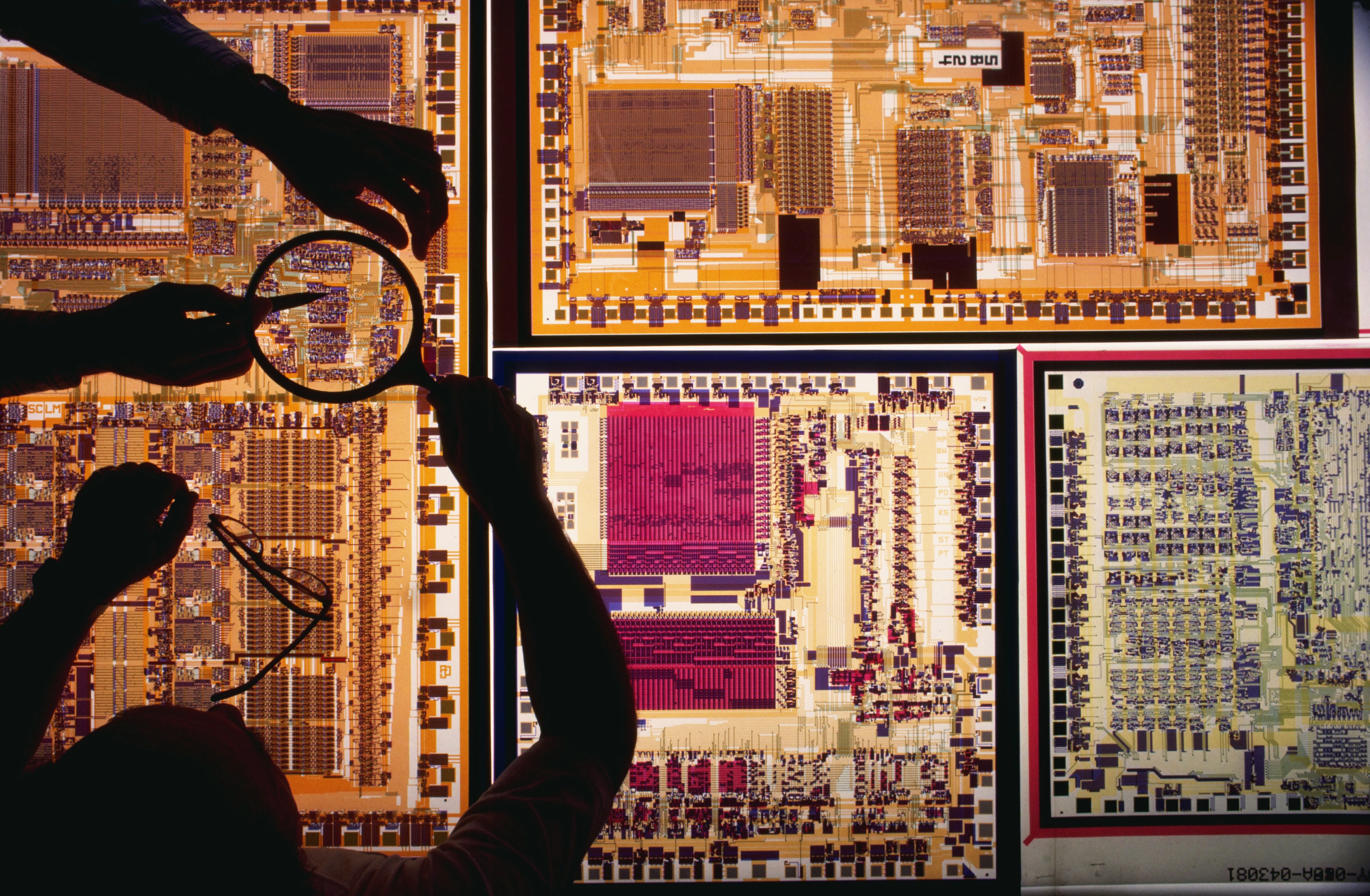 Short circuit: Will the chip shortage end this year?
Short circuit: Will the chip shortage end this year?In-depth With tech remaining in short supply, we explore whether the industry can get supply chains up and running any time soon
By James O'Malley Published
-
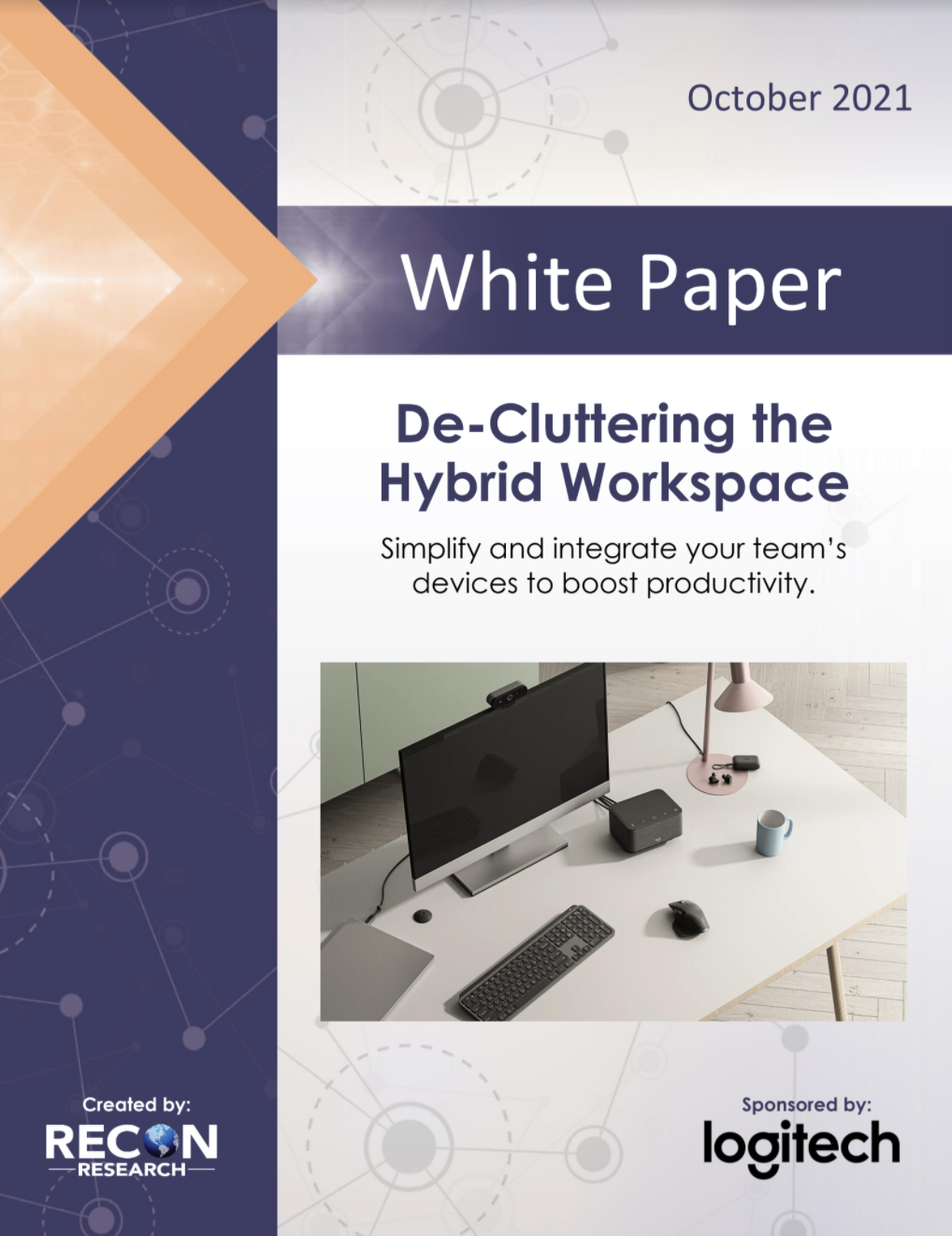 De-cluttering the hybrid workspace
De-cluttering the hybrid workspaceWhitepaper Simplify and integrate your team’s devices to boost productivity
By ITPro Published
-
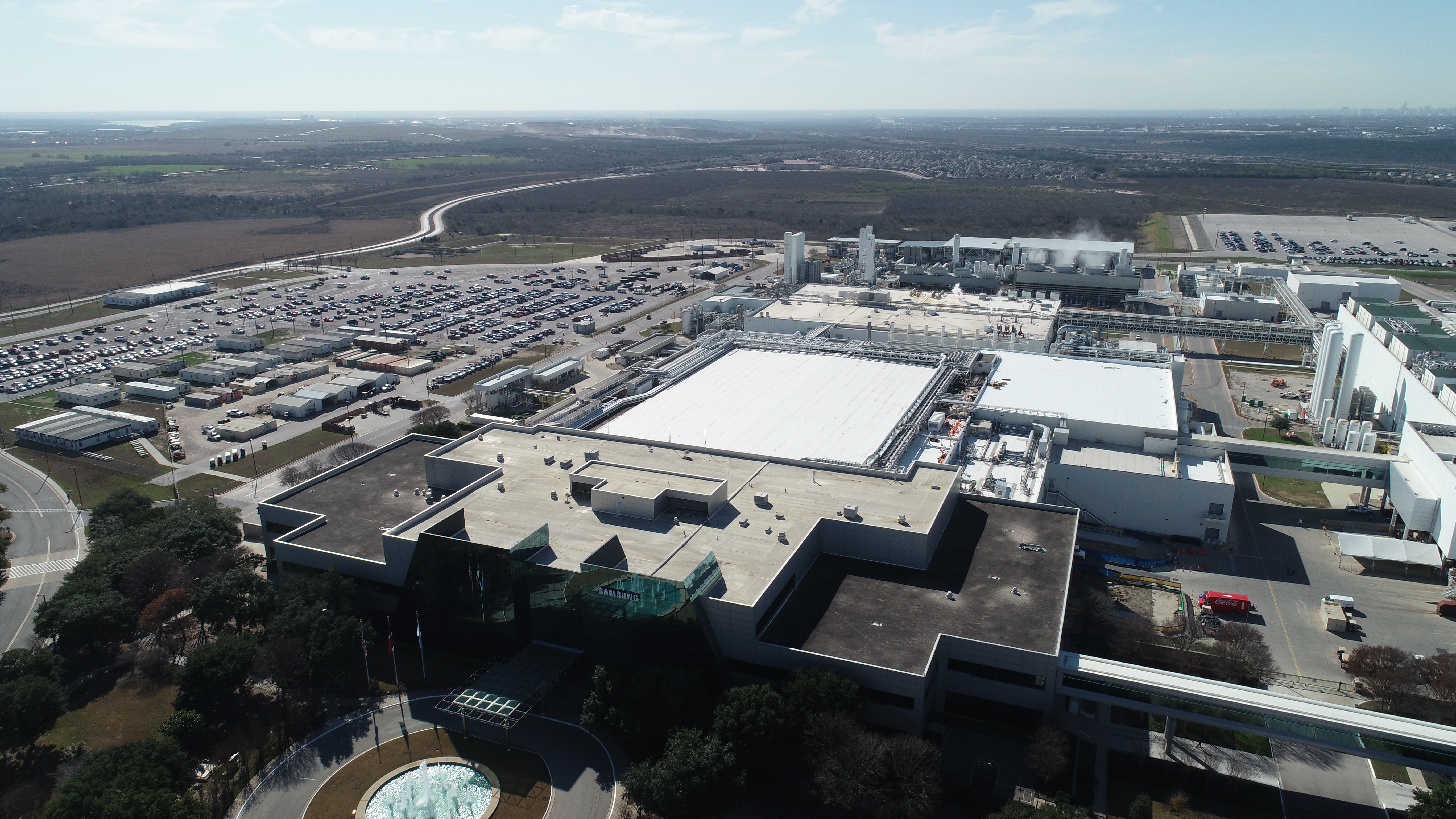 Samsung selects Texas for $17 billion semiconductor factory
Samsung selects Texas for $17 billion semiconductor factoryNews New plant to be built in Taylor, just 25km away from Samsung's existing site in Austin
By Rene Millman Published
-
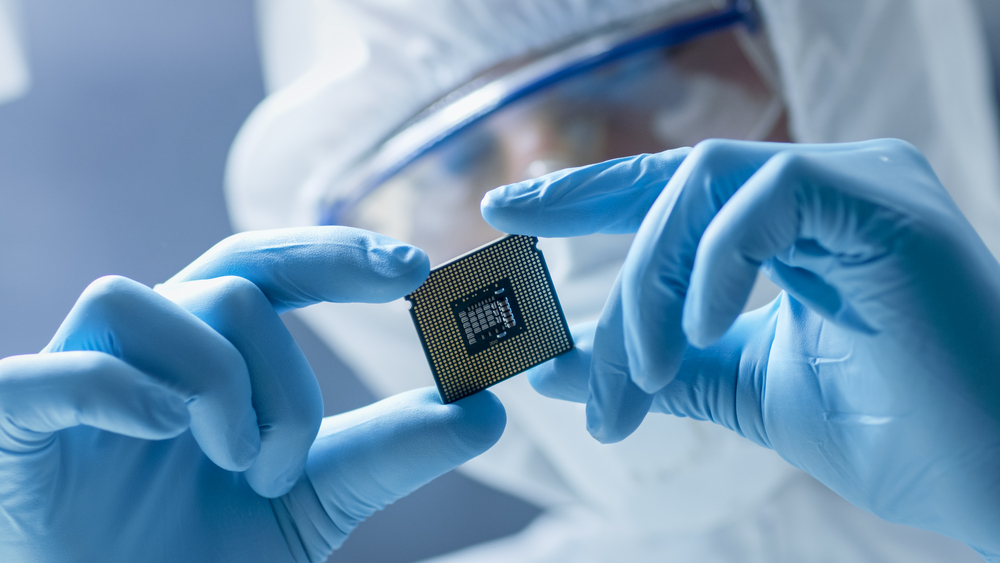 TSMC and Sony partner to build $7 billion chip plant in Japan
TSMC and Sony partner to build $7 billion chip plant in JapanNews The country is aiming to secure its chip supply chain as it imports over 60% of semiconductors from overseas
By Zach Marzouk Published